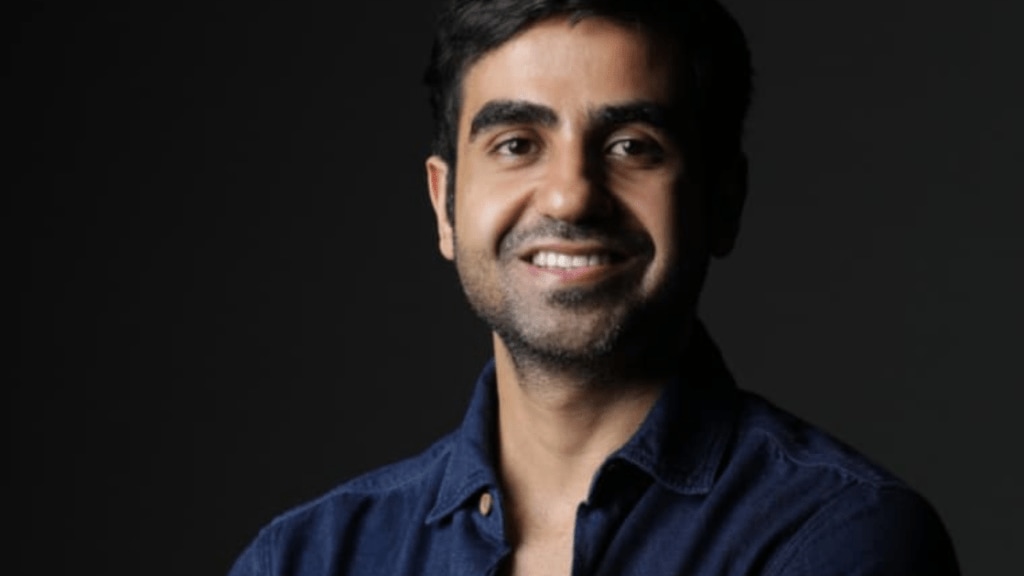Zerodha co-founder Nikhil Kamath has stirred conversation online after responding to the World Economic Forum’s (WEF) latest Future of Jobs Report 2025. In a social media post on X (formerly Twitter), Kamath questioned the relevance of traditional four-year college degrees, suggesting that lifelong learning is becoming the new norm in the rapidly changing job landscape.
“Such an interesting question: ‘What jobs will be relevant in 10 years?’ Personally, I think the days of 4-year college courses are over, lifelong learning is the new norm, for everyone…” Kamath posted.
His comments echo key findings from the WEF report, which outlines dramatic shifts in global employment trends over the next five years. The report highlights significant growth in frontline and care economy roles—such as delivery drivers, farmworkers, nurses, social workers, and personal care aides.
Technology continues to lead the way in percentage growth, with job roles such as AI and machine learning specialists, fintech engineers, and software developers topping the charts. Green economy jobs like renewable energy engineers and EV specialists are also on the rise.
However, roles in clerical and secretarial work—such as data entry clerks, bank tellers, and postal service clerks—are expected to decline sharply.
On the skills front, the report found that analytical thinking remains the most in-demand core skill, followed by resilience, flexibility, agility, and leadership. Meanwhile, AI, big data, cybersecurity, and tech literacy dominate the list of fastest-growing skills.
The WEF noted a clear shift toward creative thinking, curiosity, and lifelong learning, while skills requiring manual dexterity and endurance are on the decline.
As industries continue to adapt to automation and digital transformation, Kamath’s comments have reignited debates about the role of formal education versus evolving skill acquisition—a shift that may redefine the future of learning and work.
